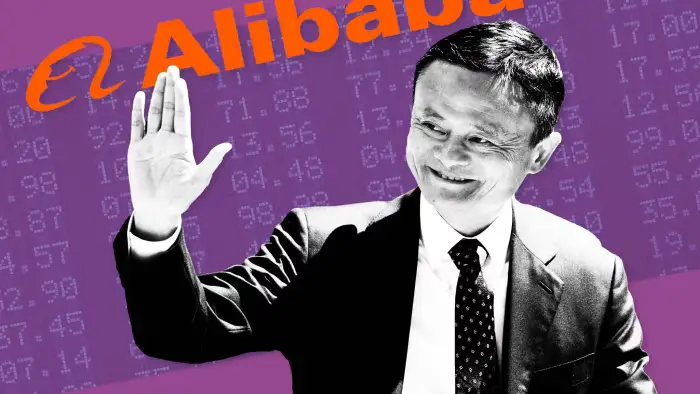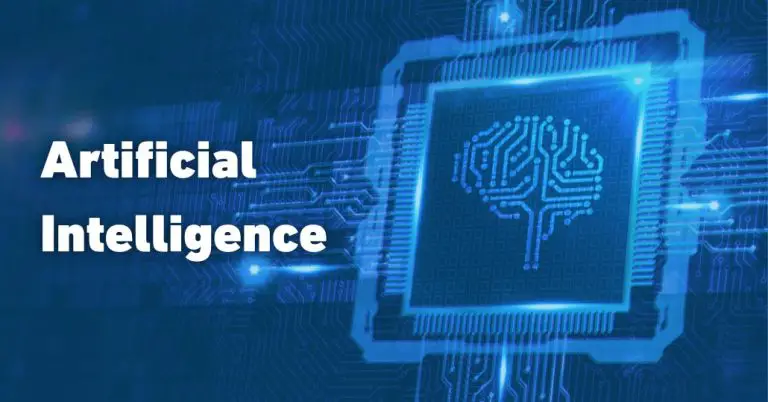
In a rare public appearance, Jack Ma, co-founder of Alibaba, shared his bold vision for the future of artificial intelligence (AI), urging that technology should be a tool to serve humanity, not replace it. The billionaire entrepreneur, who has long been an advocate for AI, warned against the dangers of AI surpassing human control, emphasizing that the technology should enhance lives, not dominate them.
AI Should Understand, Not Replace Humans
Speaking to Alibaba employees at the company’s Hangzhou campus, Ma clarified that the goal of AI should not be to replicate human beings but to understand them better and extend their capabilities. “We’re not trying to make machines more like humans. We’re trying to make them understand humans, to think like us and do things we can’t,” Ma said.
Echoing his past statements, Ma highlighted AI’s potential to drive meaningful progress, tackle complex problems, and improve lives. He stressed that technologists must prioritize AI’s role in augmenting human potential rather than replacing it to ensure a future where technology and people thrive together.
A Vision of Tech That Serves Humanity
Ma’s perspective is grounded in his longstanding belief that technology, particularly AI, should serve humanity’s needs. He framed AI as a tool for empowerment, enabling people to focus on more complex and creative tasks while leaving mundane, repetitive work to machines.
“Technology isn’t just about conquering the stars and the oceans,” Ma said. “It’s about preserving the spark among all of us.” This message resonated strongly with Alibaba employees and marks a return to Ma’s human-centric approach to tech development.
Related links you may find interesting
Alibaba’s Pivot to AI
Over the past few years, Alibaba has been aggressively pushing into the AI space, shifting its focus from e-commerce to artificial intelligence. The company introduced its flagship AI model series, Qwen, which quickly gained widespread recognition and positioned Alibaba as a formidable competitor to OpenAI and China’s DeepSeek.
In a notable shift, Alibaba’s CEO Eddie Wu confirmed in February that the company’s “primary objective” is now to develop artificial general intelligence (AGI), a target that would see machines with intellectual capabilities on par with humans. This change in direction marks a significant moment in Alibaba’s journey, especially after Ma’s public clashes with the Chinese government in recent years over regulation.
A Comeback Amid Political Shifts
Ma, who had largely disappeared from the public eye after tensions with China’s Communist Party, has been making a quiet comeback. He re-emerged in 2023 with visits to Alibaba’s offices and occasional posts on the company’s internal forum. His return to public attention came after meeting with Chinese President Xi Jinping and other entrepreneurs in a high-profile tech summit earlier this year, signaling Beijing’s renewed support for the private sector and technological innovation.
The Road Ahead for AI
Ma’s message is clear: While AI presents incredible potential for progress, it must be handled with care and responsibility. As the race to develop AGI heats up globally, the world will be watching closely to see if Alibaba’s vision of AI as a partner to humanity will ultimately prevail.





